.png)
By Earl Moxam
Dr. Christopher Charles, Senior Lecturer in the Department of Government at the University of the West Indies, Mona, does not believe the United States should be held responsible, on any count, for the illegal flow of firearms from that country into Jamaica.
“It’s our responsibility; it’s Jamaicans who are importing the guns into the country, so it is the responsibility of the Jamaican Government (and) people, Dr. Charles declared on That’s a Rap, RJR’s weekly news review show, on Sunday.”
Asked whether he had freed the United States of any culpability in this matter, Dr. Charles affirmed, “Yes, I have! …It is our responsibility to do our investigations, catch the people here who are doing it, and then, from the investigation ask for the extradition of the people in the United States who are selling the guns.”
Orville Johnson, another panelist on the show, disagreed that the United States was entirely blameless, but suggested that Jamaica can and should do more to protect itself: “I feel that the US has some responsibility, but the ultimate responsibility has to be ours. I feel, in the whole crime strategy, we have not placed enough emphasis on keeping the guns out… and if you can cut that off…”
Pointing to the much talked-about “guns-for-drugs” trade between Jamaica and Haiti, Johnson said “we have not heard of enough busts at our airports and our seaports.”
Acknowledging that “the (Jamaican) Government has been consistent that the US should do more in terms of controlling (the flow of guns)”, he said “ ultimately, it is our responsibility, and yes, we must put more pressure on them (the United States) … to do more in border control.”
Asked whether he thought Jamaica had sufficient capacity to effectively intercept the guns at its borders, Dr. Charles conceded that the country did not. He maintained, however, that not having the capacity and resources required to achieve that goal was no excuse to blame the United States.
Furthermore, he said, this was not a moral issue on which to hold the United States accountability.
“I’m seeing it as one for cooperation (not morality); if you don’t have the capacity or the resources, we should approach the Americans to work with us, but… it is our responsibility to protect our borders,” he insisted.
US acknowledgment
The Obama Administration has, in the past, acknowledged American culpability in respect of the movement of illegal guns into other countries.
In March, 2009, US Secretary of State Hillary Clinton, on a visit to Mexico, said: “Our insatiable demand for illegal drugs fuels the drug trade… Our inability to prevent weapons from being illegally smuggled across the border to arm these criminals causes the deaths of police officers, soldiers and civilians.”
She also announced in that speech that the Obama Administration would seek $80 million from Congress to provide Mexican authorities with three Black Hawk helicopters to help the police track drug runners, and announced an initiative to deploy 450 more law enforcement officers at the border, to crack down on the smuggling of guns and drug money into Mexico.
Gleaner editorial
Jamaica’s Gleaner newspaper, in a hard-hitting editorial in its July 18 edition, titled “America’s role in Jamaica’s murders,” highlighted America’s contribution to the global proliferation of small arms:
“The data show that much of the firepower for Jamaica's violence comes from the United States. More than 80 per cent of the illegal guns that have been wreaking havoc in this country are manufactured in America, where lax gun laws facilitate purchase at flea markets, pawn shops, gun shows and, increasingly, via the Internet.”
The Gleaner asked: “Does the United States government think it has a responsibility to help to staunch the flow of illegal weapons and ammunition to Jamaica?”
Part of the answer, the newspaper suggested, might lie in the United States ratifying the Inter-American Convention Against Illicit Manufacturing of and Trafficking in Firearms, Ammunition, Explosives, and Other Related Materials (CIFTA).
This Convention seeks to criminalise illegal transfers of arms and encourages the exchange of information among participating signatories.
America is one of only three countries in the hemisphere which has not yet ratified the Convention, the Gleaner noted.
The newspaper concluded with the suggestion that the Obama Administration should ratify the convention “as a first step towards cooperation in this challenging issue.”
Patrol boats
The United States has, over the years, extended support, in various forms, to upgrade Jamaica’s capacity to combat drug traffickers, and, by extension, target gun smugglers.
Most recently, on June 14, 2015, the Jamaica Observer, quoting US Ambassador to Jamaica, Luis Moreno, reported that America will shortly be supplying Jamaica with 17 new patrol boats to “enhance the country's ability to secure its maritime border.”
Ten 27-foot patrol vessels will be presented to the Police Marine Division, along with a boat maintenance facility at its Kingston headquarters, maintenance tools, and training in August, Ambassador Moreno told the Observer, while the Jamaica Defence Force Coast Guard will receive seven 37-foot patrol vessels “either late this year or early 2016.”
In his interview with the Jamaica Observer, Ambassador Moreno said the boats “will be able to patrol the Jamaican coast, protect Jamaican coastal waters, protect fishermen, prevent drug smuggling, and prevent gun smuggling and trafficking in persons.”

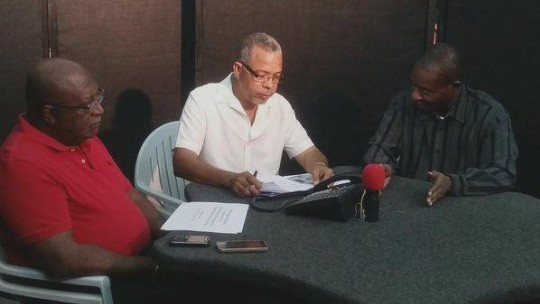
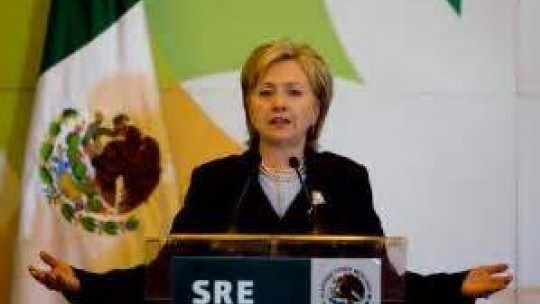
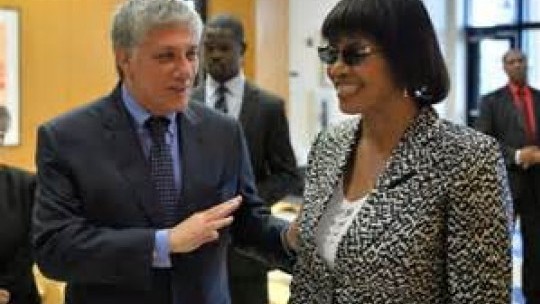
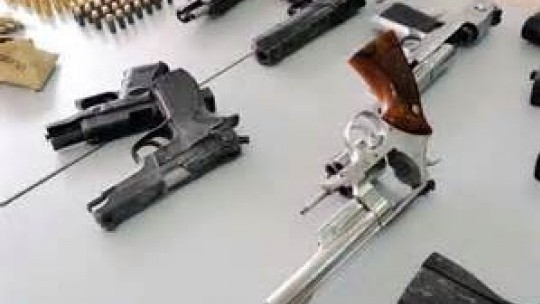




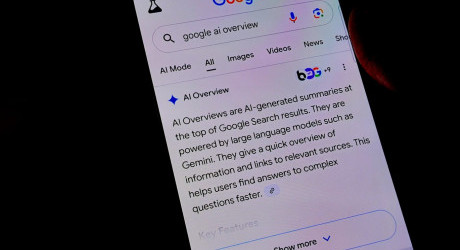
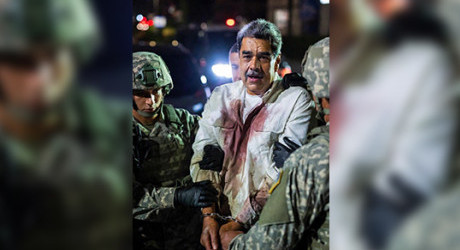

 All feeds
All feeds







